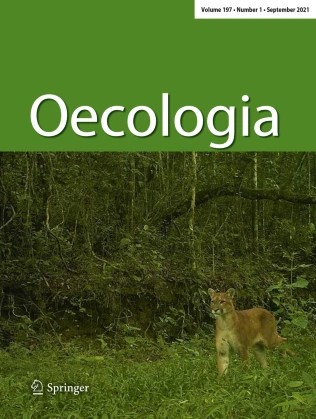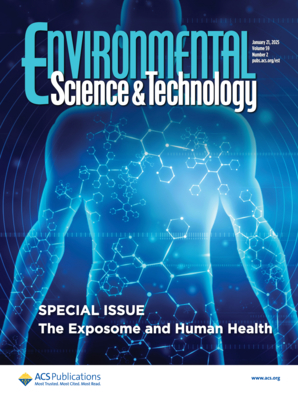
Variable habitat use supports fine‑scale population differentiation of a freshwater piscivore (northern pike, Esox lucius) along salinity gradients in brackish lagoons
Hydropower impacts on riverine biodiversity
The authors discuss the impacts of hydropower on aquatic and semi-aquatic species and how the impacts accumulate spatially and temporally across basins. They recommend the STREAM framework: Systematic planning, Tracking hydropower impacts, Responsive adaptive management strategies, Elimination of hydropower infrastructure, Assessment of socioecological trade-offs, and Multi-actor decision-making.

Cigarette butts enable toxigenic cyanobacteria growth by inhibiting their lethal fungal infections
Many freshwater ecosystems contain significant amounts of nicotine and other chemicals from cigarette butts that are toxic to aquatic life. This study shows that some organisms may benefit indirectly: toxic cyanobacteria. This is because cigarette butts in the water harm their parasites by inhibiting infection by chytrid fungi. This promotes the growth of the cyanobacteria.
Shedding light with harmonic radar: Unveiling the hidden impacts of streetlights on moth flight behavior
Ecological Connectivity of River‐Lake Ecosystem: Evidence From Fish Population Dynamics in a Connecting Channel
Upscaling biodiversity monitoring: Metabarcoding estimates 31,846 insect species from Malaise traps across Germany

Ecosystem links: Anthropogenic activities, environmental variables, and macrophytes structure snail preferences in man-made waterbodies
Chytrid fungi infecting Arctic microphytobenthic communities under varying salinity conditions
Strong large-scale structure–function coupling in benthic bacteria is mediated by algae in a geodiverse river network








